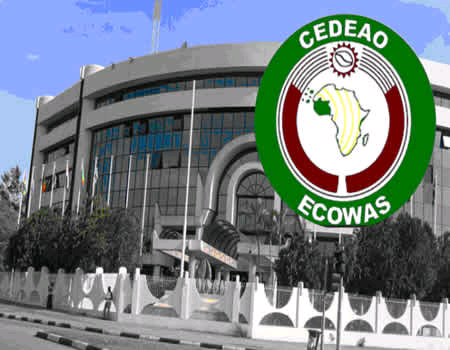
The Economic Community of West African States (ECOWAS) has issued a stark warning over the region’s limited access to climate finance, especially for its struggling agricultural sector.
At a regional workshop launched on Tuesday, July 29, 2025, in Dakar, Senegal, officials revealed that West African nations mobilised only 1.4% of the climate funds required between 2019 and 2022.
The three-day summit, which runs until July 31, brings together government experts, regional organisations, and development stakeholders in a bid to strengthen technical capacities and improve access to global climate finance.
The focus is on addressing the growing climate crisis that threatens food systems and economic stability across West Africa.
“The inadequacy of domestic finance to address the challenges posed by climate change must lead to the mobilization and strengthening of the absorption capacity of available international funds dedicated to climate action,” said Mohamed Zongo, Acting Executive Director of the ECOWAS Regional Agency for Agriculture and Food.
Zongo highlighted ECOWAS’s ambition to drive the development of high-impact projects that align with the Green Climate Fund’s (GCF) criteria. He also noted that the ECOWAS Regional Agency for Agriculture and Food (ARAA) has been officially accredited as a GCF Delivery Partner since 2023.
Despite this progress, Zongo outlined three key barriers that continue to limit access to climate funds: weak institutional frameworks, poor alignment between national development agendas and climate policies, and limited knowledge of international funding mechanisms.
The challenge is urgent. A study by the African Development Bank warns that climate change could cost the continent up to $50 billion annually by 2040, with a projected 30% decline in GDP by 2050 if action is not taken.
Between March 2019 and June 2022, ECOWAS countries received only $3.3 billion out of the $240 billion needed to meet their nationally determined contributions. If the current pace continues, only 13% of the required annual funding will be reached by 2030.
The workshop aligns with ECOWAS’s Regional Climate Strategy adopted in June 2022 and aims to develop climate-resilient agricultural projects capable of securing GCF support.



